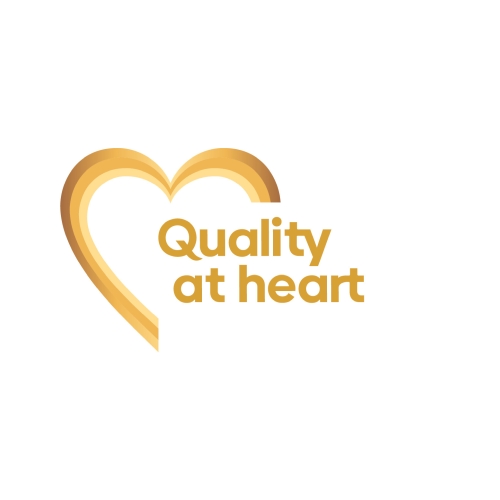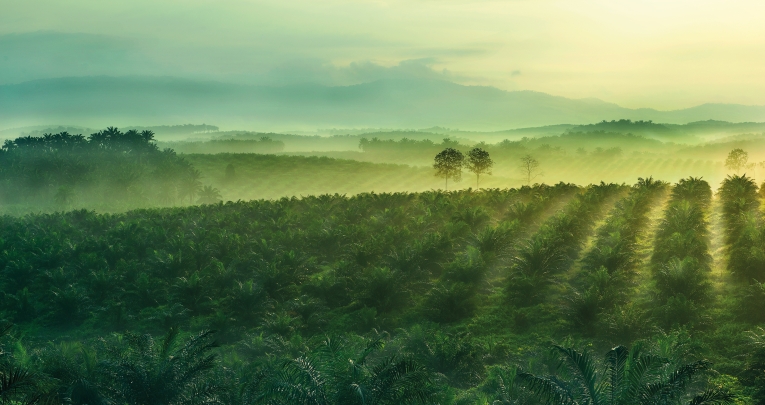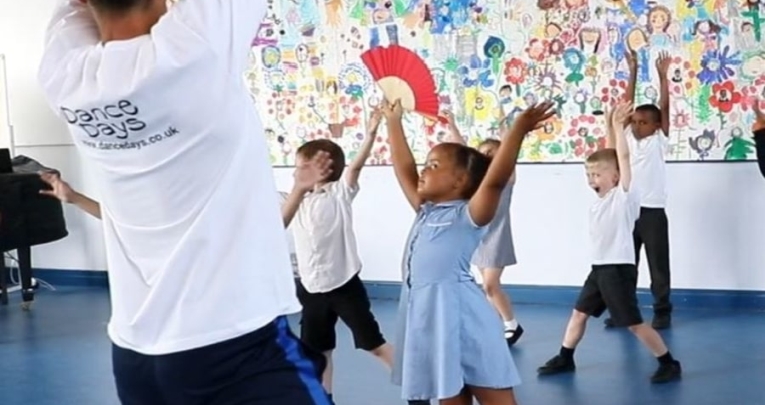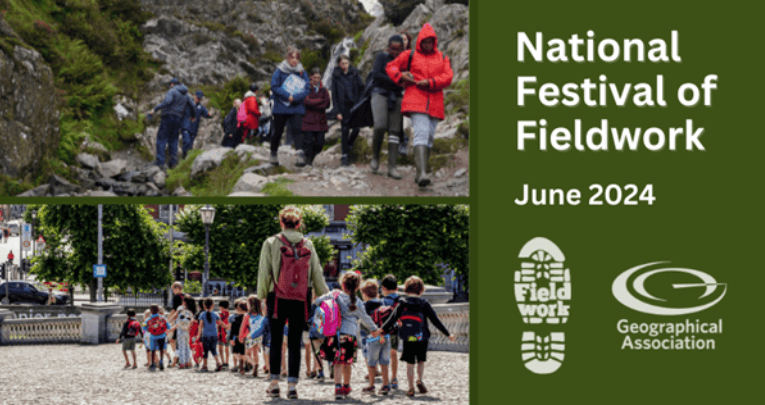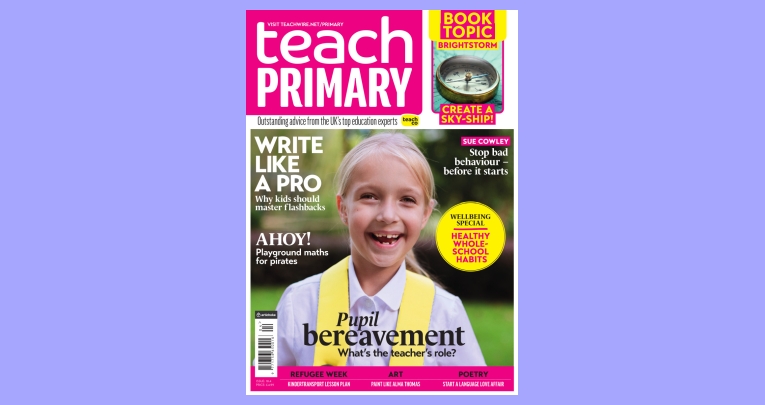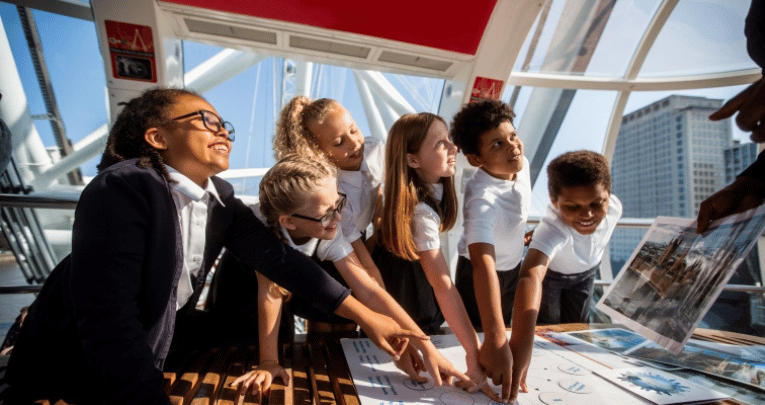Academic learning becomes truly impactful when it inspires us to understand and protect the world around us.
Our school years shape our future perspectives on the environment, offering a crucial opportunity to grasp issues facing our planet, from climate change to sustainable sourcing.
Responsible supply chains are essential for the next generation of farmers, manufacturers, and retailers. Studying these systems provides students with a tangible sense of why buying ethically can directly impact the planet – whether that’s curbing forest loss or improving the incomes of farmers in Indonesia.
This foundation of understanding begins in the classroom.
Why responsible palm oil is a good example
Palm oil is one of the most widely used vegetable oils today, found in 50% of products on supermarket shelves . According to the WWF (World Wide Fund for Nature), palm oil yields are far greater than other vegetable oils, with alternatives needing up to to 10 times more landfor production.
Despite its prevalence, the environmental impact of unsustainable palm oil production can be severe.
Fortunately, sustainable palm oil (SPO), which does not contribute to deforestation, is now widely available. It also supports local communities and economies in sourcing countries, making it a crucial topic for teaching responsible sourcing.
“The debate around palm oil fosters critical thinking.”
Lessons on palm oil can encompass rainforests, biodiversity, and cultural understanding. They help students become informed consumers and advocates for positive change.
The debate around palm oil fosters critical thinking, allowing students to explore complex issues, weigh evidence, consider ethical choices, and make informed decisions. This empowers them, highlighting their role in protecting the planet.
Moreover, learning about palm oil is engaging and fun. From studying orangutans and rainforests to understanding the production of sweets and shampoo, the topic offers a rich exploration of our diverse and fascinating world.
Here are some ideas for discussing sustainable palm oil with students.
SPO in the classroom
- English – advocacy through words: Students can write persuasive essays or letters advocating for SPO, explaining its importance in protecting rainforests and wildlife.
They can also create posters or flyers to raise awareness about sustainable palm oil in their school and community, using facts like land efficiency: palm oil supplies 35% of the world’s vegetable oil from just 10% of the global land dedicated to all oil crops). - Art and Design – visualising change: Using basic art supplies, students can create visual representations of the impact of palm oil production on rainforests. They can draw or paint scenes of rainforests and the wildlife that live there, expressing their understanding and emotions creatively.
Malaysia, as a leading producer of palm oil that has increasingly adopted sustainable practices, can be the moodboard! - Design and Technology – an analytical approach: Students can build simple models of rainforests using recycled materials.
They can also design posters or brochures that explain the benefits of sustainable palm oil and how it helps protect the environment; for instance, RSPO (Roundtable on Sustainable Palm Oil)-certified palm oil reduces deforestation and protects biodiversity. - Physical Education – nature trail walk: Students can explore their own natural habitat through a nature trail – understanding how local environments (e.g., rivers) interact with local economy (e.g., farming) and with local wildlife; what might happen if the river was to dry up?
- Music – rainforest sound bath: Using simple instruments or even household items, students can create music that mimics the sounds of the rainforest. They can perform their music for the class, helping to create an appreciation for the natural world.
“Lessons on palm oil can encompass rainforests, biodiversity, and cultural understanding.”
- Computing/social – a viral rainforest moment: Students can use free animation software to create short videos about the journey of sustainable palm oil. They can script and storyboard their animations, learning how to communicate complex ideas in an engaging way.
- Science – microscope on biodiversity: Students can conduct experiments and observations to learn about ecosystems and biodiversity. They can create simple terrariums to observe how different plants and animals interact, discussing the impact of deforestation on these systems.
Switching back to the macro landscape, students can discuss how larger-scale conservation programmes can restore landscapes and support biodiversity, as reported by Chester Zoo. - Geography – tracking impact: Using maps and atlases, students can learn about the regions where palm oil is produced and the effects of deforestation in those areas. They can create their own maps showing the distribution of rainforests and discuss how sustainable practices can make a difference.
Research by Chester Zoo shows sustainable palm oil plantations can coexist with rich biodiversity if managed correctly. - History – the origin of forests: Students can research the history of deforestation and conservation efforts, creating timelines and presentations to share their findings. They can explore how past practices have changed and what steps are being taken today to protect rainforests.
Through these activities, students not only learn about sustainable palm oil but also develop skills in critical thinking, creativity, and communication.
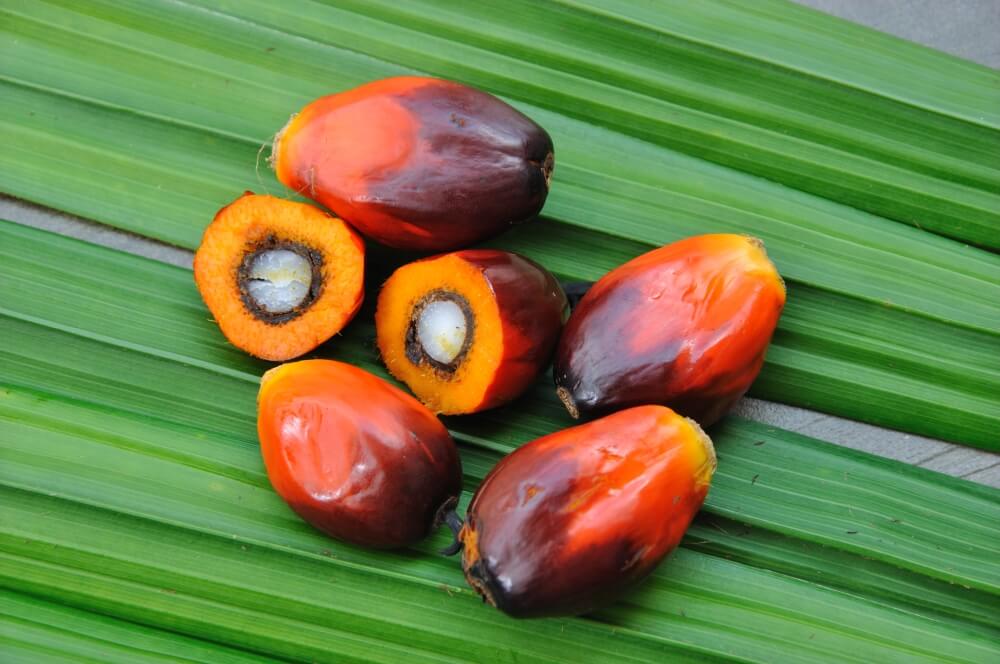
Find out more about Chester Zoo’s education programmes!
This curriculum goes beyond learning objectives, empowering young minds with conservation-focused activities that ignite a passion for protecting our planet.
Ferrero, a leader in sustainable palm oil, is proud to support Chester Zoo’s education programme. The company is committed to using responsibly sourced palm oil, and was ranked second in the 2024 WWF Palm Oil Buyers Scorecard, which evaluates global companies on their commitments and actions.
Dive deeper with Chester Zoo’s resources where you’ll find complete lesson plans (Years 3–6 & KS3) on sustainable palm oil and inspiration for long-term school planning. You can also download the PalmOil Scan App – developed by Chester Zoo and partners – to understand which products use sustainable palm oil.
Let’s embark on this journey of discovery together, making a difference one lesson – and one choice – at a time.


